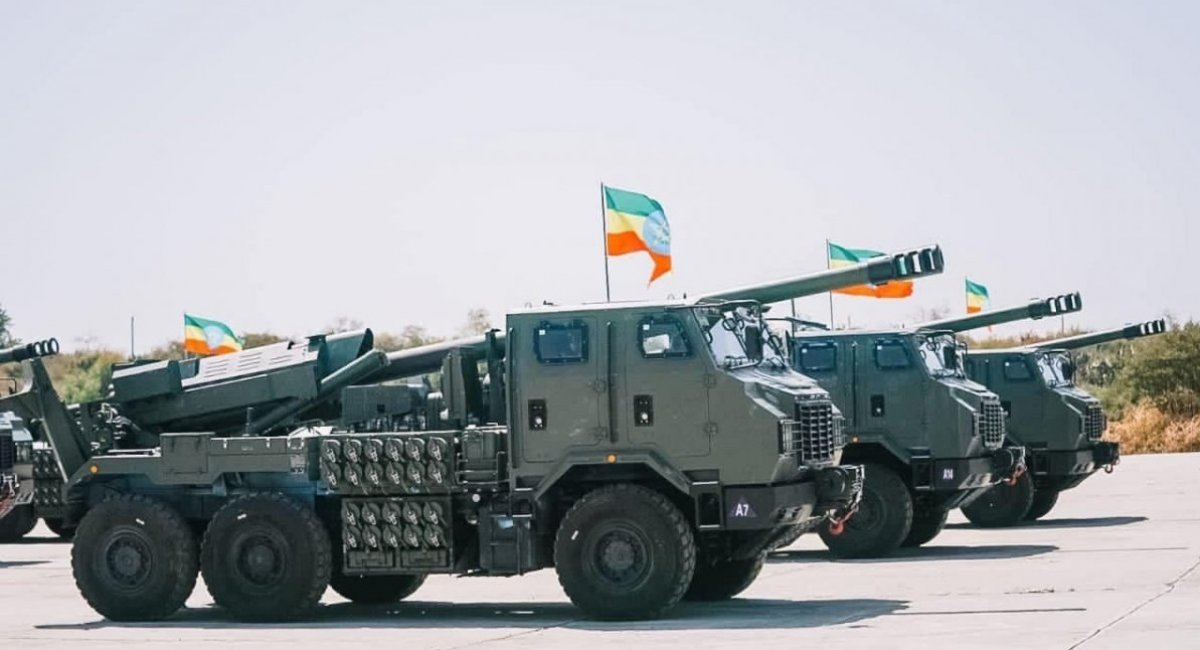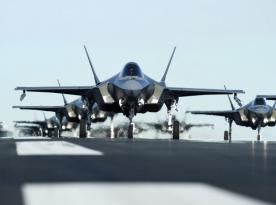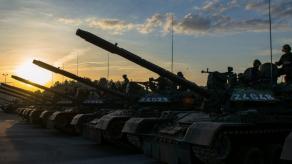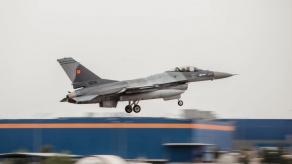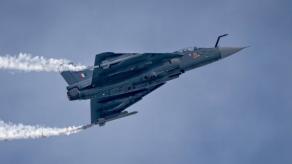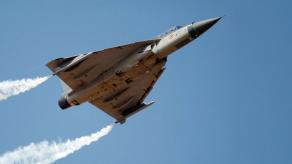Over the past 20 years, China has supplied military equipment and weapons to buyers in 40 countries, making Beijing one of the leading players in the global arms market. This trend is concerning, as China's arms exports are closely tied to the advancement of its military defense industry.
Slowing down China’s arms exports is in the interest of the United States, particularly the current administration in the White House. However, the question remains whether Washington has the tools to do so, as discussed in a recent War on the Rocks publication.
Read more: How a 25% Import Tax Threaten Military Supply Chains, the U.S. May Grow Dependence on China and russia
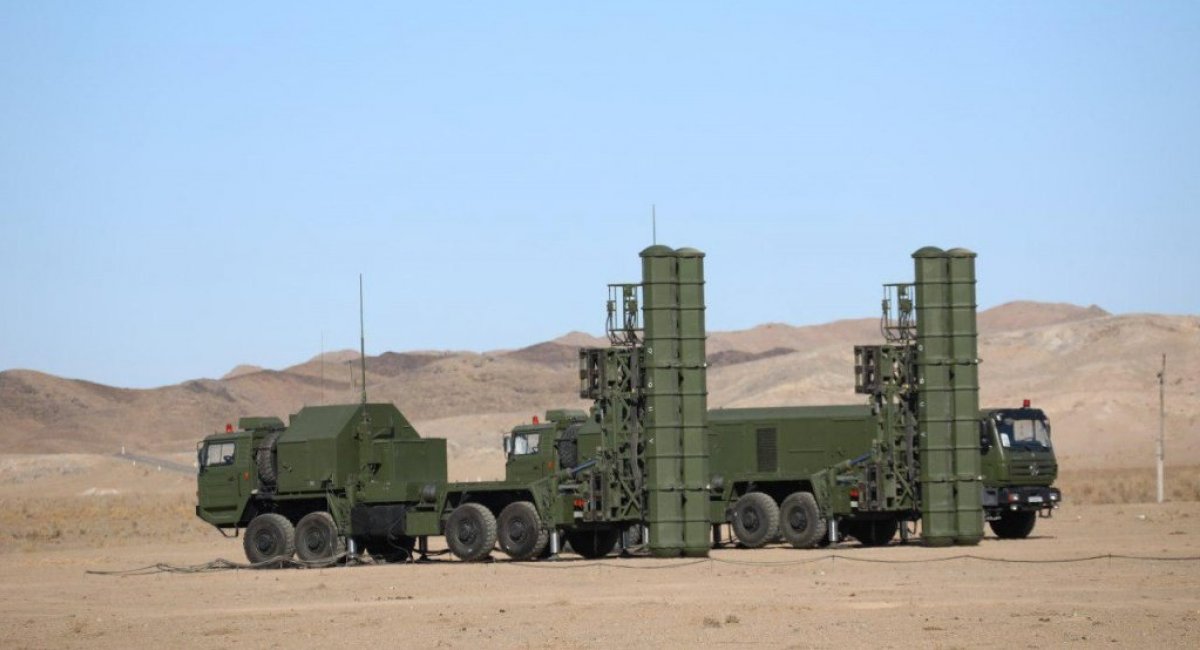
The key message of this publication can be summarized as follows: the shrinking presence of russia in the global arms market primarily strengthens China’s position, as Beijing has long been systematically working to expand the reach of its defense exports.
An illustration of China’s strategic approach is the fact that back in 2019, the Pentagon recognized China as "the fastest-growing arms exporter of the past 15 years."
China’s persistence in this sector is also evident in its ability to sell its copy of the S-300 to Serbia—a traditional buyer of russian weaponry. Additionally, at the 2024 World Defense Show in Saudi Arabia, as many as 40 Chinese defense companies were present simultaneously.
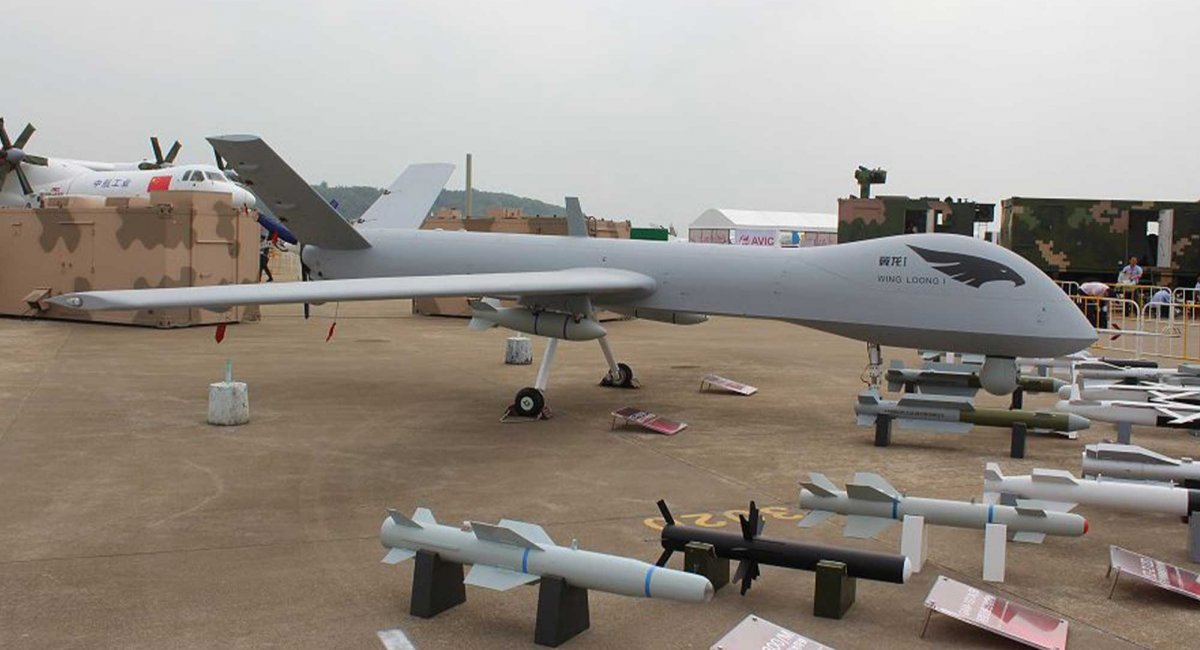
At the same time, it is noted that China acts as a "savvy marketer" of weaponry, striving to occupy niches in the Middle East that were previously dominated by the United States. China’s advantage lies in offering its latest developments for export, with favorable payment terms and without any political restrictions on their use—unlike Western countries.
The most striking example occurred in 2015 when Jordan requested to purchase MQ-1 reconnaissance and strike UAVs from the U.S. to protect its borders from ISIS militants. The Americans refused, while the Chinese readily sold their CH-4 drones. As a result, Chinese reconnaissance and strike UAVs effectively "took over" the entire Middle Eastern market.
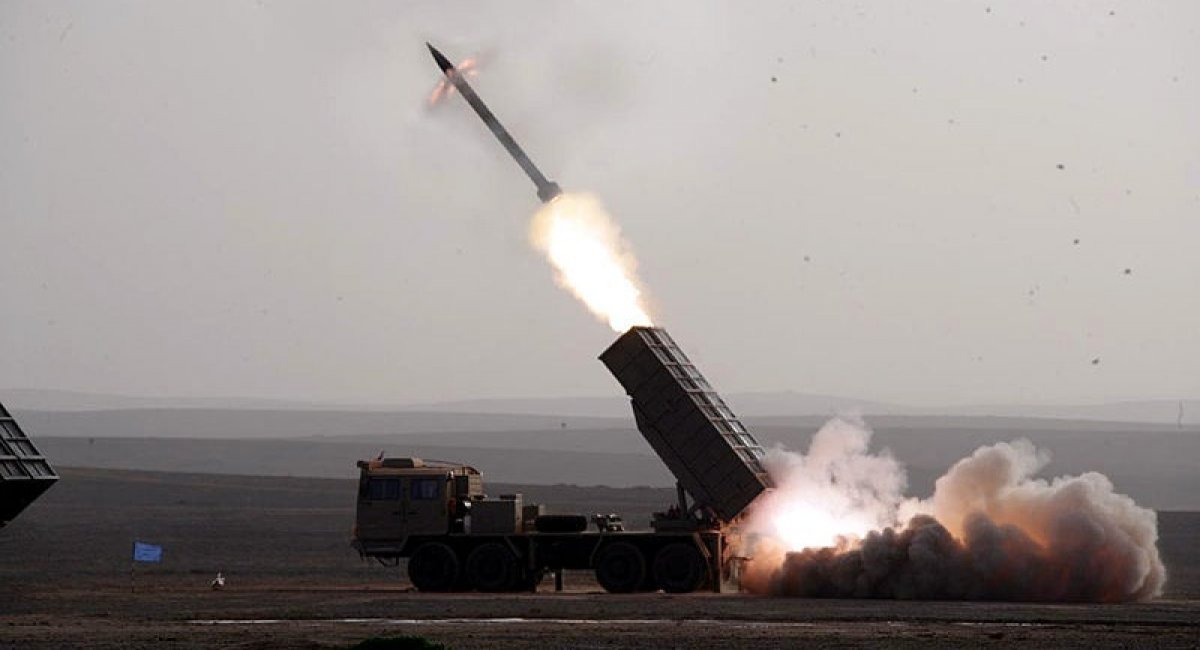
If we consider the United States' ability to influence the dynamics of China’s arms exports, several key points should be noted. On one hand, the White House has already implemented numerous measures aimed at making China a completely "toxic" arms supplier. Examples include Executive Order 13959 from the first Trump administration (November 2020), which bans any transactions involving securities of Chinese defense industry enterprises, and Executive Order 14032 under the Biden administration, which extends the ban to transactions with shares of even indirectly related Chinese defense companies.
However, the adopted regulatory framework has not delivered the expected results, and relying solely on punitive measures will not be effective in this case. A more effective approach could involve offering incentives, such as U.S. arms deals, to countries that have become buyers of Chinese weapons, particularly in the Middle East.
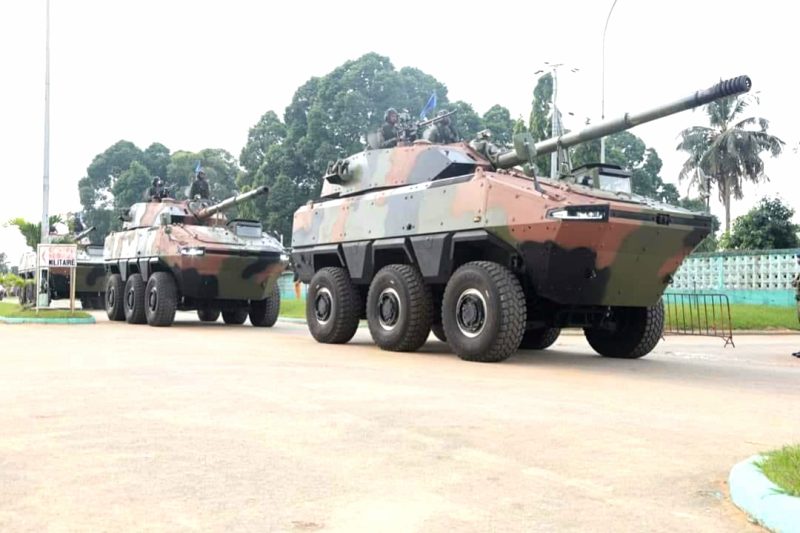
If the existing demand cannot be met solely by the U.S. defense industry, European partners, such as France, could be involved in such cooperation. France is also interested in pushing China out of the African arms market.
However, as Defense Express emphasizes, the idea of U.S.-Europe cooperation to reduce China’s presence in the global arms market appears purely "theoretical." This is primarily because the current Trump administration has entered into direct confrontation not with China but with other Western countries.
Read more: China Raises Military Budget, Yet It Doesn’t Even Reach 2% of GDP




